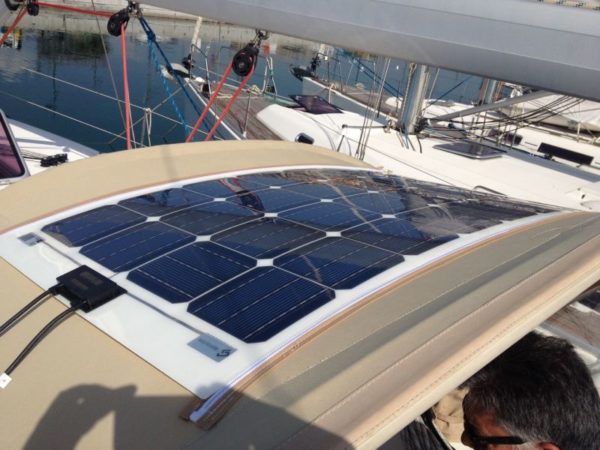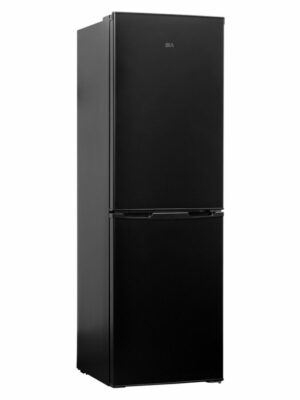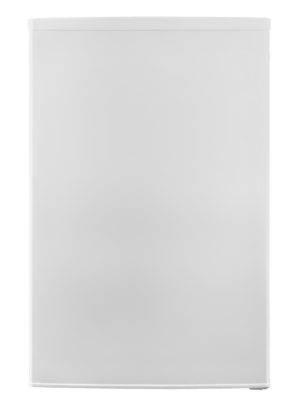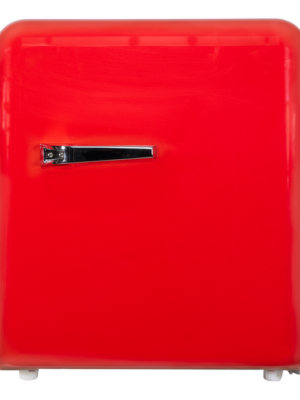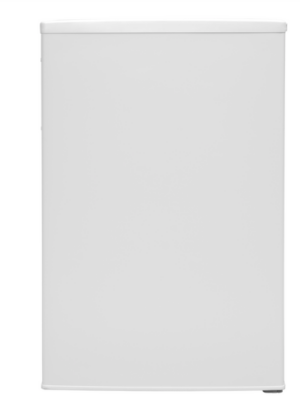Yes, you can run a 12V fridge off a solar panel. However, the size and number of solar panels required to power the fridge will depend on various factors, such as the fridge’s power consumption, the solar panel’s wattage, the location’s amount of sunlight, and the battery capacity.
Here are some general steps to determine the solar panel requirements for running a 12V fridge:
- Determine the fridge’s power consumption: Check the fridge’s manual or label for the power consumption in watts or amps per hour.
- Calculate the total daily power consumption: Multiply the fridge’s power consumption by the number of hours it will run each day.
- Determine the battery capacity: To store the solar panel’s energy, you’ll need a battery. Determine the battery’s capacity in amp-hours (Ah) by estimating how long you want the fridge to run when there’s no sunlight.
- Estimate the daily solar panel output: Solar panels’ output can vary depending on the location and weather conditions. A general rule of thumb is that a 100W solar panel can generate around 30-40 amp-hours per day in a sunny location.
- Calculate the number of solar panels required: Divide the total daily power consumption by the daily solar panel output to estimate the number of solar panels required. For example, if the fridge consumes 30Ah per day, and the solar panel generates 30Ah per day, you’ll need one 100W solar panel.
- Consider other factors: Keep in mind that other factors such as the angle and orientation of the solar panel, the efficiency of the charge controller and inverter, and the battery’s age and condition can also affect the system’s performance.
In conclusion, it’s possible to run a 12V fridge off a solar panel, but the size and number of solar panels required will depend on various factors. It’s best to consult with a solar expert or refer to the fridge’s user manual for specific power requirements and system design.

